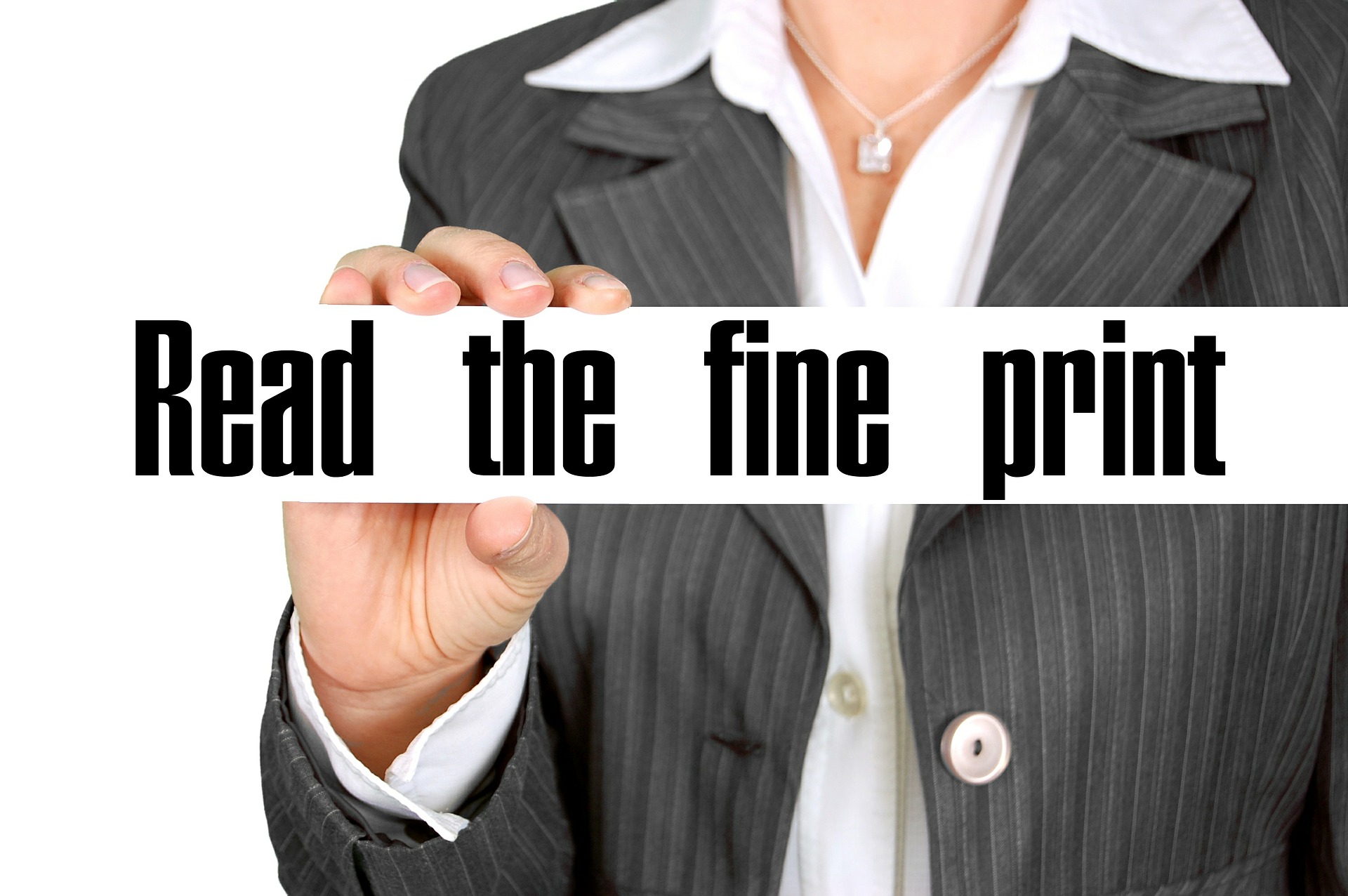By understanding the cost structures and discussing fees transparently with potential lawyers, you can ensure that you’re getting quality representation without unexpected expenses.
When you’ve suffered an injury due to someone else’s negligence, be it from a car accident, a slip and fall, or any other unfortunate incident, hiring a personal injury lawyer can be essential. These professionals can help navigate the intricate legal waters to ensure you receive fair compensation. However, a critical factor holding back many from seeking this vital assistance is the potential cost. Here’s a detailed look into understanding the costs associated with hiring a personal injury lawyer.
Introduction
Understanding the cost structure of a personal injury lawyer can empower you to make informed decisions about your legal representation. While movies and television often portray lawyers as charging exorbitant fees, the reality can be much more nuanced, especially in the personal injury sector.
Contingency Fee Basis
The vast majority of personal injury lawyers operate on a contingency fee basis. This means that they don’t get paid unless you win your case or achieve a settlement. Typically, the lawyer will take a percentage of the settlement or judgment, ranging between 25% to 40%, with 33.33% or one-third being a common figure. This system ensures that the attorney is highly motivated to win your case and secure the highest compensation possible.
Advantages of a Contingency Fee System
No Upfront Costs: You don’t need to worry about immediate out-of-pocket expenses when hiring a personal injury lawyer on contingency. This opens the door for many who might not have the funds for upfront retainer fees.
Shared Risk: Your attorney shares the risk with you. If they don’t secure compensation for you, they don’t get paid. This alignment of interests can be beneficial for the client.
Potential Additional Costs
While the contingency fee covers the lawyer’s professional services, there might be other costs associated with your case, such as:
Filing fees for the court
- Costs for expert witnesses or consultants
- Fees for obtaining medical records or police reports
- Deposition costs
- Postage, copying, and other office-related costs
It’s crucial to discuss these potential expenses with your lawyer beforehand. Some lawyers might cover these costs initially and deduct them from the final settlement, while others might expect you to pay them as they arise.
Understanding the Fee Agreement

Before engaging with a personal injury lawyer, it’s essential to have a clear fee agreement. This document will detail the percentage that the lawyer will take, how out-of-pocket expenses are handled, and what happens if you decide to part ways before the case concludes.
Negotiating Fees
While many attorneys have standard fees, these can sometimes be negotiated, especially if your case has a high value or is particularly straightforward. It’s always worth discussing this with potential lawyers to ensure you’re getting the best value.
Conclusion
Hiring a personal injury lawyer doesn’t have to break the bank. By understanding the cost structures and discussing fees transparently with potential lawyers, you can ensure that you’re getting quality representation without unexpected expenses. Remember, the primary aim is to get you the justice and compensation you deserve, and the right lawyer will be an invaluable ally in that journey.


Join the conversation!